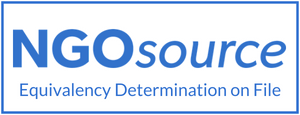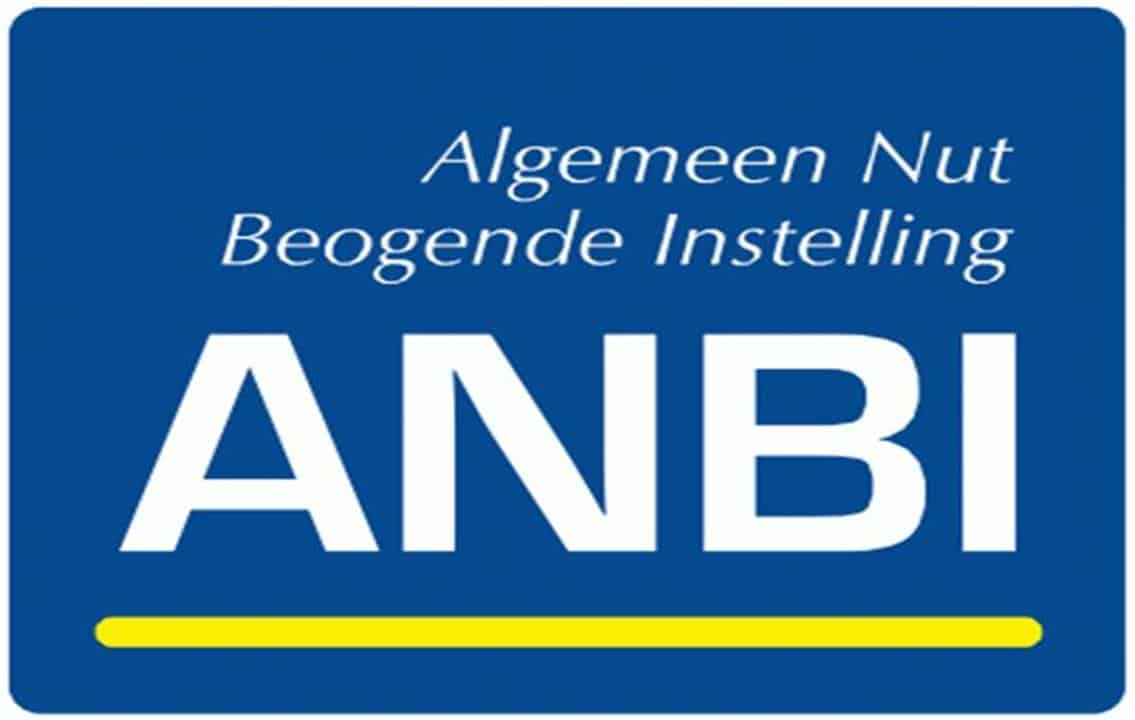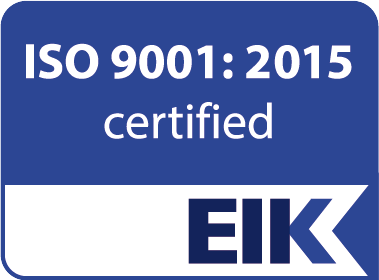Security and Digital Surveillance
 Debate around the use of (digital)surveillance by governments and intelligence services as a means to prevent terrorist attacks has been rife these past years. As fear of terrorist attacks seeps into politics and popular consciousness, voices can increasingly be heard advocating for fewer legal boundaries to be put on digital surveillance. But what effect will this have on society at large?
Debate around the use of (digital)surveillance by governments and intelligence services as a means to prevent terrorist attacks has been rife these past years. As fear of terrorist attacks seeps into politics and popular consciousness, voices can increasingly be heard advocating for fewer legal boundaries to be put on digital surveillance. But what effect will this have on society at large?
Human Security Collective, in cooperation with Dutch Coast and Partos, organized a conversation on digital surveillance and security. Discussing the issue and sharing their thoughts were activists Christopher Soghoian and Ben Hayes, who critically follow developments in government policy concerning digital surveillance, technology, security and human rights. Lia van Broekhoven of Human Security Collective moderated the event. Read the report of the event here.
———————————————————–
Narrowing the Gap Between the UN and Ordinary Malians
Two representatives of the West-African Network for Peacebuilding (WANEP) in Mali, Naffet Keita (board member) and Mahamady Togola (national coordinator), came to The Hague and Brussels to share insights from Malian civil society on Human Security. These insights stem from the project Civil Society for a Human Security Strategy implemented by a consortium including WANEP, GPPAC and Human Security Collective, and funded by the Austrian Development Agency. One of the topics discussed was popular perceptions in Mali of the UN peacekeeping mission MINUSMA. Here Karlijn Muiderman, knowledge broker and coordinator of Sahel Watch and the Migration Trail, interviews both on the perceived gap between MINUSMA and the Malian population and what needs to be done to overcome this.
———————————————
The Human Security Challenge
The Human Security Challenge is a board game that takes place in a virtual world. Six fictive nations invest in security and aim to gain the most power by the end of the last game roun d. The dynamics are similar to issues that world leaders grapple with: limited resources, crises, conflicts and international negotiations. The players face crucial trade-offs between long-term stability and short-term national interests. The game is designed in a way that ensures the participants gain an improved understanding of the complexity of security issues and also helps them reflect on how they, as individuals, make decisions and position themselves in relation to each other. The debrief that follows the game encourages an appreciation of the benefits of mutual cooperation and of long-term sustainability. Read more here.
d. The dynamics are similar to issues that world leaders grapple with: limited resources, crises, conflicts and international negotiations. The players face crucial trade-offs between long-term stability and short-term national interests. The game is designed in a way that ensures the participants gain an improved understanding of the complexity of security issues and also helps them reflect on how they, as individuals, make decisions and position themselves in relation to each other. The debrief that follows the game encourages an appreciation of the benefits of mutual cooperation and of long-term sustainability. Read more here.
—————————————-
NPO Engagement and Advocacy Towards the Financial Action Task Force (FATF): the Latest Developments
 The Financial Action Task Force (FATF) is an intergovernmental policy-making body that sets anti-terrorist financing and anti-money laundering standards. These standards are used to assess the adequacy of laws and regulations in nearly every country in the world. Since 9/11, FATF has increased its focus on regulation of financial services and charities. In doing so, it created Recommendation 8 (R8) on laws relating to non profit organizations. This measure has created negative consequences for charitable and development programmes, and has impacted civil society operations and access to financial resources to support nonprofit work. Although FATF has taken positive steps since 2012 to prevent abuse or misapplication of its policies, more needs to be done to ensure that anti-terrorist financing laws cut the flow of money to terrorists, not to civil society. Human Security Collective is a core member of the Global NPO Coalition on the FATF that is continuously engaging with the FATF on the matter of terrorism financing and the operating environment for civil society. Following on from the positive outcome of the Global NPO Coalition’s advocacy efforts on the revision of the Best Practices Paper to R8, the coalition is now looking to influence the revision of the Interpretative Note to the Recommendation and the Recommendation itself. There is widespread support from across the spectrum of non profits (e.g., service delivery organizations, advocacy groups, non profits from the global south) for these advocacy efforts. For more on the FATF, see here. For more on the recent advocacy efforts, see here.
The Financial Action Task Force (FATF) is an intergovernmental policy-making body that sets anti-terrorist financing and anti-money laundering standards. These standards are used to assess the adequacy of laws and regulations in nearly every country in the world. Since 9/11, FATF has increased its focus on regulation of financial services and charities. In doing so, it created Recommendation 8 (R8) on laws relating to non profit organizations. This measure has created negative consequences for charitable and development programmes, and has impacted civil society operations and access to financial resources to support nonprofit work. Although FATF has taken positive steps since 2012 to prevent abuse or misapplication of its policies, more needs to be done to ensure that anti-terrorist financing laws cut the flow of money to terrorists, not to civil society. Human Security Collective is a core member of the Global NPO Coalition on the FATF that is continuously engaging with the FATF on the matter of terrorism financing and the operating environment for civil society. Following on from the positive outcome of the Global NPO Coalition’s advocacy efforts on the revision of the Best Practices Paper to R8, the coalition is now looking to influence the revision of the Interpretative Note to the Recommendation and the Recommendation itself. There is widespread support from across the spectrum of non profits (e.g., service delivery organizations, advocacy groups, non profits from the global south) for these advocacy efforts. For more on the FATF, see here. For more on the recent advocacy efforts, see here.
——————————————————





